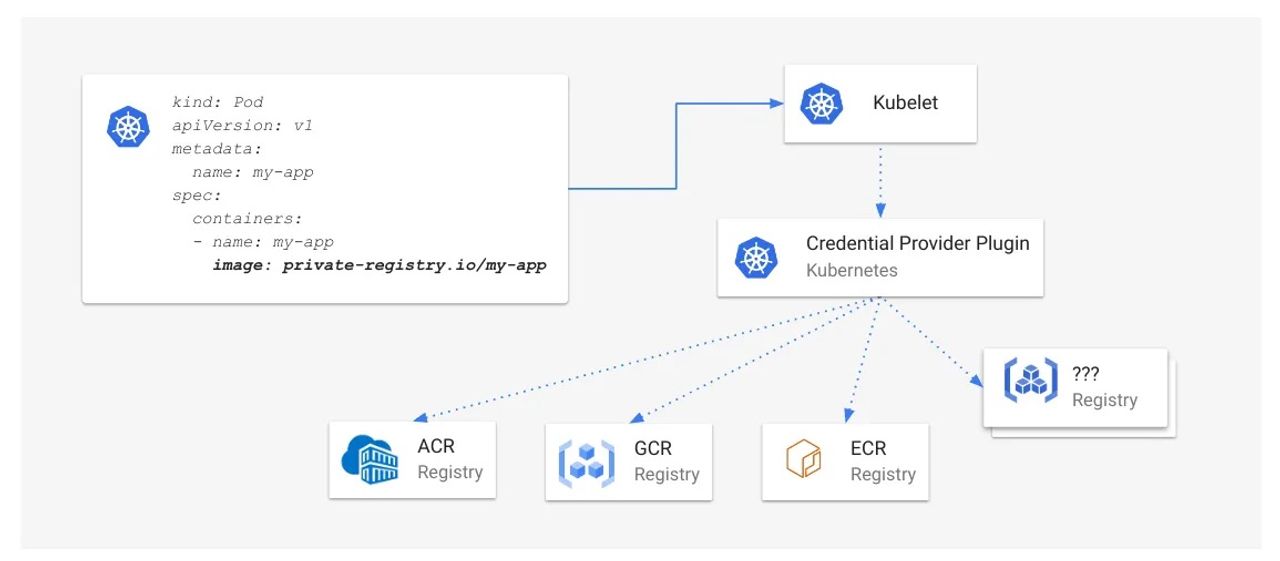Deciding on a JavaScript framework for your web application can be overwhelming. Angular and React are very popular these days, and there is an upstart which has been getting a lot of traction lately: VueJS. What’s more, these are just a few of the new kids on the block.
[…]
Oh, well. Vue was not created before 2014 — so something is amiss here. La Vue is French for“view”, “sight” or “opinion”. Maybe it’s that. A comparison of “VueJS” and “Angular” or “React” is not fair either, as VueJS has hardly any results compared to the others.
[…]
If you have in-house HTML developers who do not want to learn more Javascript, you are better off choosing Angular or Vue. React entails more Javascript (we talk about this later).
[…]
React focuses on the use of Javascript ES6. Vue uses Javascript ES5 or ES6.
[…]
You should also probably know that you can use Flow to enable type-checking within React. It’s a static type-checker developed by Facebook for JavaScript. Flow can also be integrated into VueJS.
[…]
JSX implies that everything in React is Javascript — it is used for both the JSX templates and the logic. Cory House points this out in his article from January 2016: “Angular 2 continues to put ‘JS’ into HTML. React puts ‘HTML’ into JS.”. This is a good thing, because Javascript is more powerful than HTML.
[…]
Side note: If you like the idea of JSX and want to use it in Vue, you can use babel-plugin-transform-vue-jsx.
[…]
Vue can make use of Redux — but it offers Vuex as its own solution.
[…]
You can work with React or Vue by simply adding the Javascript library to the source code. This is not possible with Angular because of its use of TypeScript.
[…]
Some people use React for non-SPA websites as well (e.g. for complex forms or wizards). Even Facebook uses React — not for the main page, but rather for specific pages and features.
[…]
Some people claim that things they have done in React would have been better written in Vue. If you are an unexperienced Javascript developer — or if you worked mainly with jQuery in the last decade — you should think about using Vue. The paradigm shift is more pronounced when moving to React. Vue looks more like plain Javascript while also introducing some new ideas: components, an event-driven-model, and one-way data flow. It also has a small footprint.
[…]
You’ll probably want to check out the Github repositories first: React (github.com/facebook/react), Angular (github.com/angular/angular), and Vue (github.com/vuejs/vue)
How does the syntax look? ValueCoders compares the syntax for Angular, React and Vue.
[…]
There are also some real-world apps you could have a look at. Here are solutions for React:
[…]
If you like choosing among dozens of packages: React
[…]
If you want separation of concerns in one file: Vue
If you are working alone or have a small team: Vue (or React)
If your app tends to get really large: Angular (or React)
If you want to build an app with react-native: React
If you want to have a lot of developers in the pool: Angular or React
If you work with designers and need clean HTML files: Angular or Vue
If you like Vue but are afraid of the limited ecosystem: React
If you can’t decide, first learn React, then Vue, then Angular.
[…]






